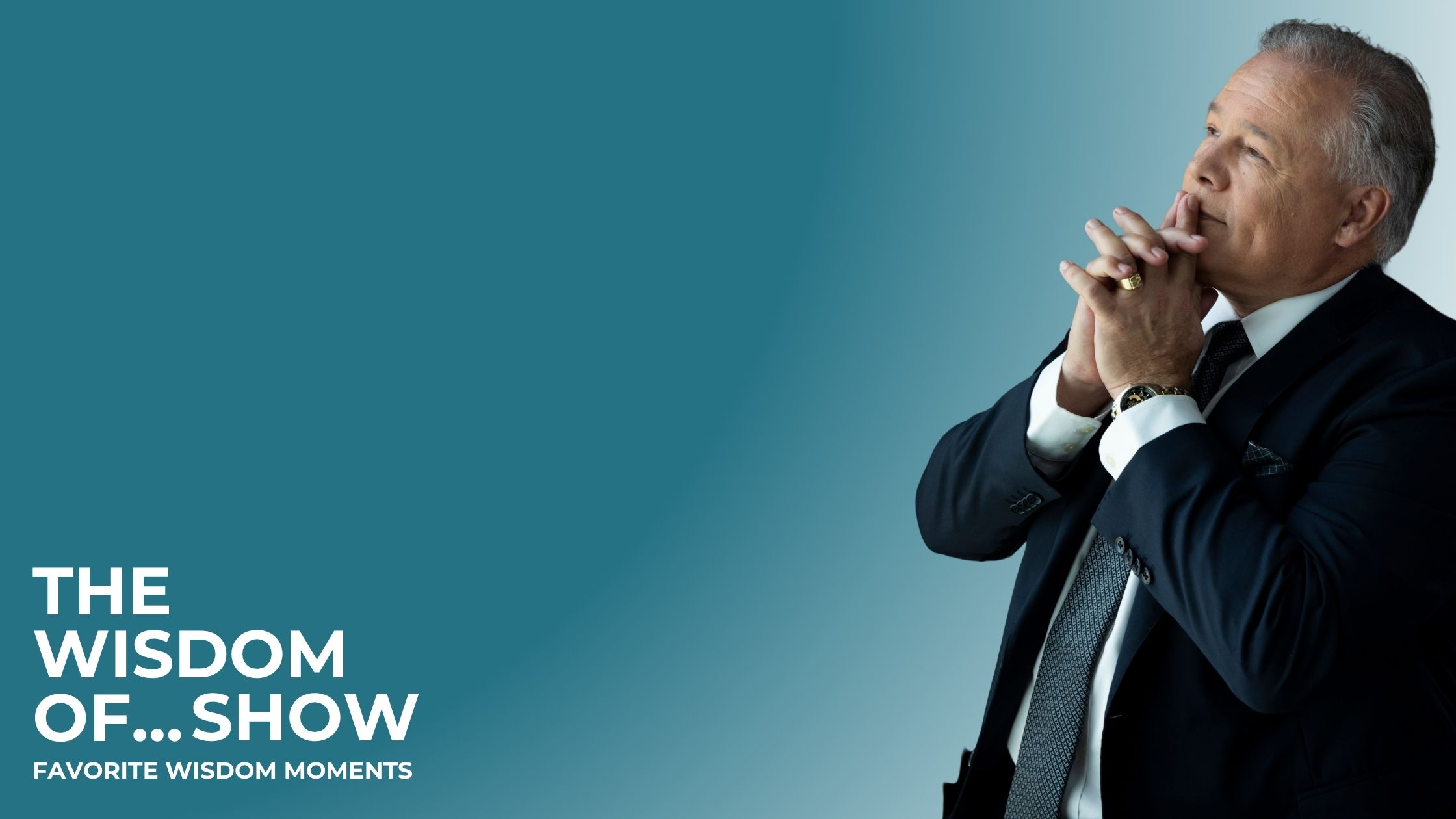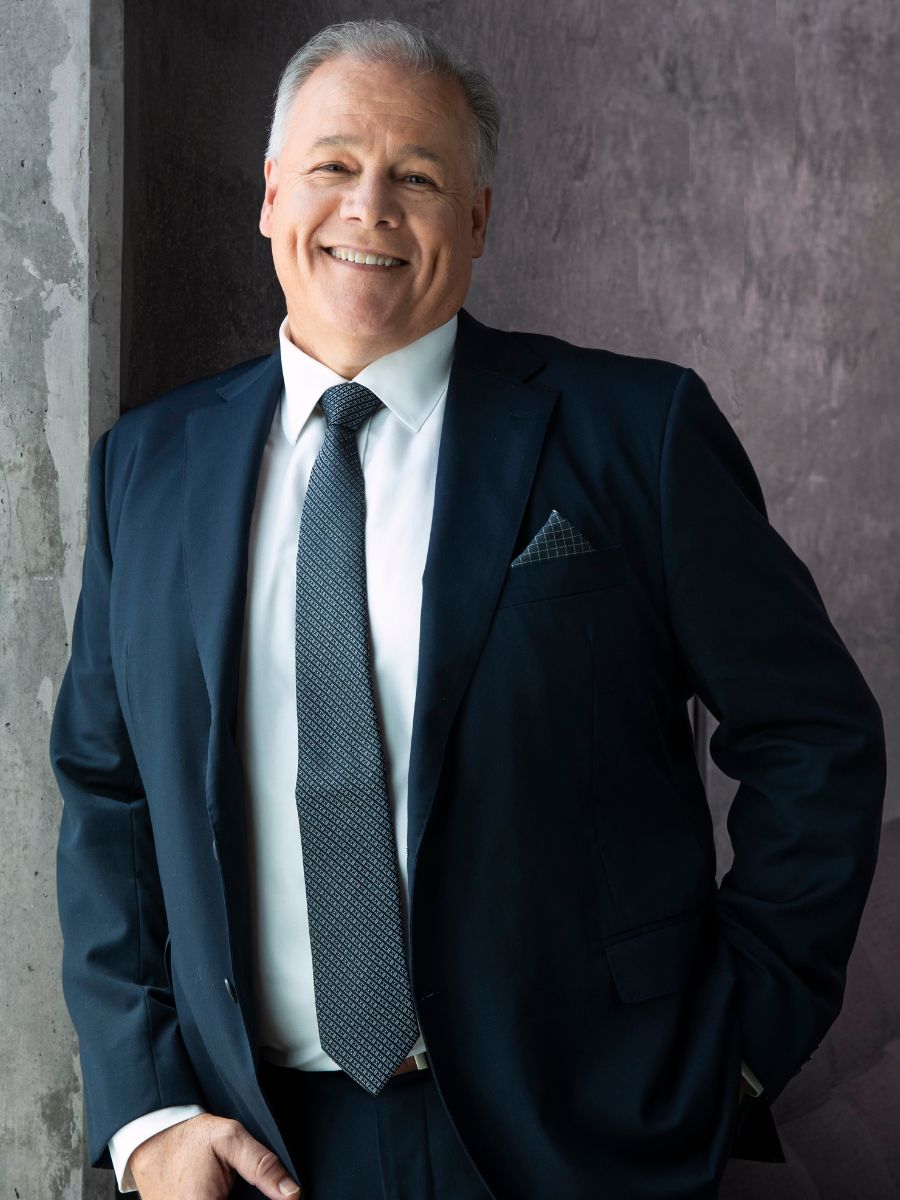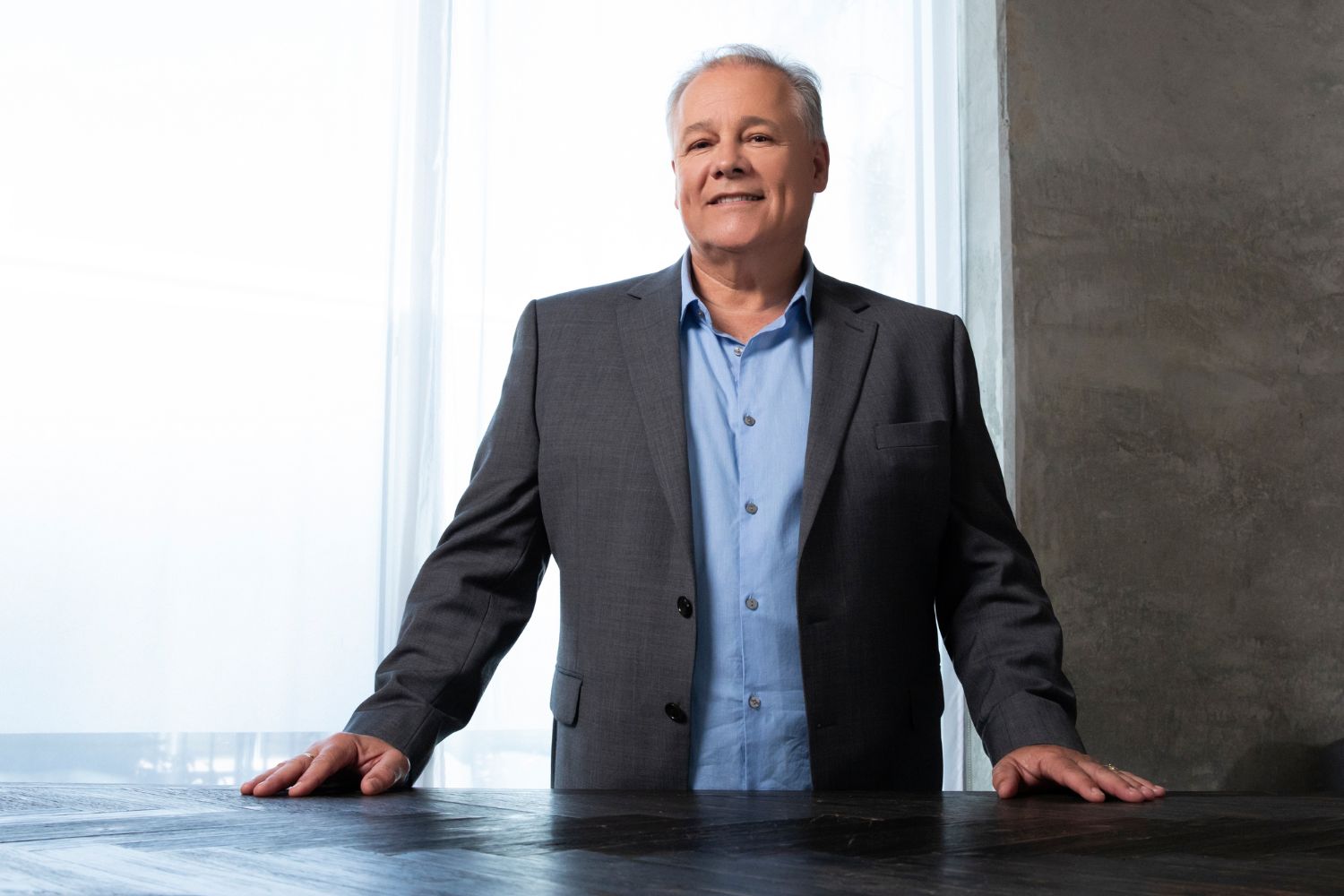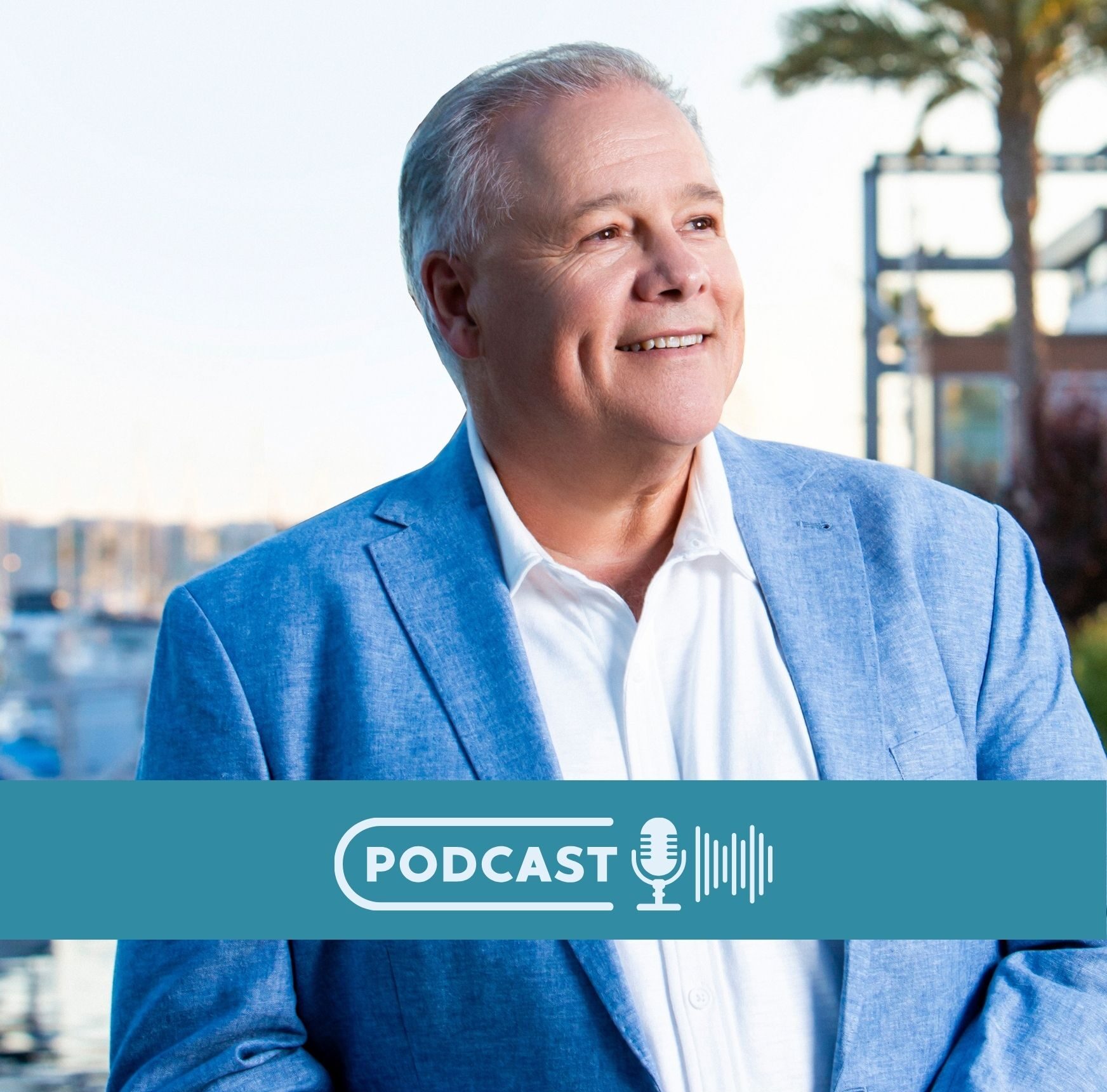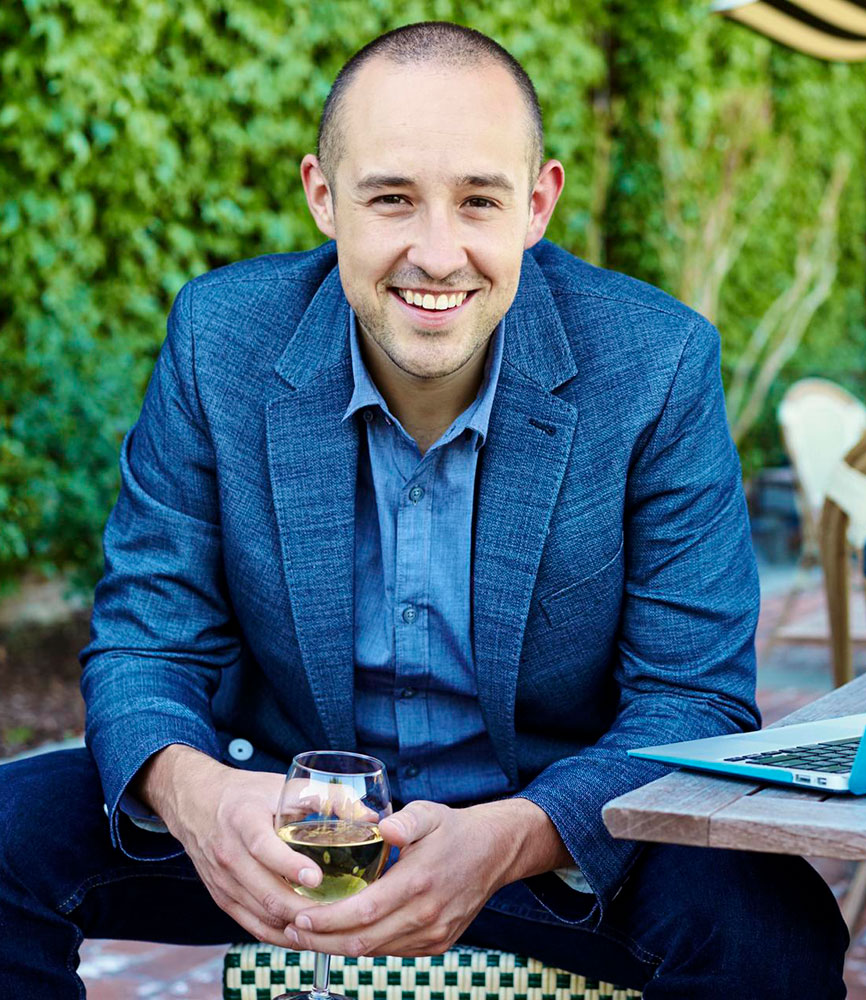20+ years… $1,000,000,000+ in assets secured… one episode that will change the future of your business forever.
Money is the foundation of business and the fuel of the entrepreneurial spirit, and few in the world are better at securing it than my latest guest on The Wisdom Of… Show David Kenney, who has impacted the nation’s most promising entrepreneurs and CEOs at the helm of his company StartGrowth.
Before founding StartGrowth, David honed his craft at Hall Chadwick. At this national firm, his efforts were instrumental in helping founders secure an eye-watering $1,000,000,000+ (over a billion) in funding. His expertise in navigating business sales, acquisitions, and the complex interplay of market forces has cemented his reputation as a strategic powerhouse.
Throughout our conversation, his brilliant wisdom, depth of insight, and decision-making processes struck me and paralleled those I aspire to embody myself. Through every word, our conversation reveals profound truths about how we, as business leaders, can structure our thoughts, our businesses, and ourselves to be infinitely more valuable to investors, to customers, and to the world.
Want more invaluable insights on how to build a business and become a founder worth backing? Watch the full interview with David Kenney now.
7 Keys To Capital Allocation
“It’s about how to take your money and turn it into something. To the untrained eye, it might be accounting, but it’s capital allocation. They might not say it, they might not articulate it, and they might not even think it, but when they see it done well – it’s a sight to behold. That’s what I’ve dedicated the last two decades of my life to.”
David then touched on several key areas that make up Capital Allocation, which tells us how money flows and illustrates the journey from an entrepreneur with an idea to a founder with a sellable business.
Skills: Skills are the tangible, measurable qualities that you possess as a leader, such as leadership, organization, communication, and time management. These learned skills are foundational for a successful leader and form the baseline of competency that investors will look at when assessing their risk.
Attributes: Attributes, on the other hand, are the intangible qualities you possess, such as empathy, resilience, confidence, adaptability, and conscientiousness. These are more intrinsic and inform how you act under pressure, which investors need to assess when determining if an investor is worth backing, as beyond your business, they’re really investing in you.
Offer: Your product or service (offer) must be dialed in. Every facet of your offer should be thought through, from the unique value proposition to the price to how the customer experiences it. This will ensure you have the proper market fit and an offer that resonates with your audience and has headroom to expand with additional capital and the right strategic partner.
Proof: You could have the perfect offer, but if no one buys it, you simply don’t have a business. Therefore, having a verifiable track record of sales, returning customers, and positive customer reviews is crucial to assessing your business’s health and potential instability.
People: By people, we’re referring to the team you build around you to execute your goals and bring your vision to life. Hiring the right people who believe in your mission, complement each other’s skills, and work together in harmony during times of success and stress is one of the most critical components of a sellable business.
Valuation: Valuation refers to your ability to assess your company’s value accurately, both in how much you believe the business is worth and how much of a stake you would be willing to part with to fund your future goals. This lets you approach conversations with investors based on evidence rather than hopeful expectations.
Communication: Perhaps the most important item on this list is your ability to articulate and communicate your company’s mission, impact, and value to others. This capacity to communicate affects more than just investors; it starts with your ability to speak to yourself, your employees, your customers, and potential funding partners.
Looking through this lens of capital allocation, ask yourself:
Which of the areas above are you strongest in, and which could you develop that would make the most significant difference?
Once you do, you’ll find that every penny has more power, and every dollar drives your business further as your money starts to work for you.
Communication - The Overlooked Masterkey To Influence
We then continued our conversation by expanding on the idea of communication, which David believes, along with capital allocation, is one of the most important skills any leader wanting to build a following should master.
“It boils down to connection, trust, understanding their world better than they do themselves, and articulating it in a way they haven’t heard before.”
This ability to communicate to influence others impacts every facet of what you do and how effectively you can do it.
After all, you can be the best in the world at what you do, but you’ve got to be able to influence the choices of those around you to support what you’re doing.
Many believe that “the main thing” they do is the main thing. But the truth is, the main thing is communication. The only way you have to get your message out into the world is to communicate it in a way people understand. Once you do, almost anything is possible.
Take entire movements that have shaped human history, which have all been built on the back of communication.
As we discussed the potency of world-class communication, I mentioned Martin Luther King Jr. as one of the world’s greatest orators and communicators.
While he agreed, what David added to my point was eye-opening.
“If Martin Luther King Jr. had just said ‘I have a dream’, he may been able to influence people…” but we often forget that he is remembered today because as inspiring as he was, “…he also had a plan.”
This illustrates that you can be the greatest communicator in the world, but if you don’t have a plan to back it up, your communication will have no purpose and will lead nowhere.
You have to be able to communicate, understand where your customer’s needs are, and allocate capital (time and money) to bring about deeper, more profound change for those you work with.
Forward Casting - The Anchor Of Your Growth
“Where most companies are trying to fail fast, I don’t subscribe to it,” David said. Instead, he advocates modelling what has worked for others and learning the lessons from the great work that has come before them. Following this, he outlined his mental model for reverse engineering success, which he calls Forward Casting.
“I look 10 years ahead and start today and go 9, 8, and 7 years back. This forward casting allows you to anchor what you’ve learned. How am I going to build that? What is it going to look like?”
Instead of projecting into an unknown future or trying to figure it out as you go, future casting allows you to chunk down your projections and reverse engineer your milestones, measurable inputs, and outcomes little by little to hit your goals more quickly.
Once you can do this, you can make better bets. “People aren’t interested in 50/50 bets”, David began. “They care about the quality of the bets you make and your ability to articulate why you’re taking the risks you are.”
This capacity to anchor what you’ve learned to make better bets is a model that helps you make your company and yourself more investible.
Using Thinking Models To Frame The Future
Whether you’re a growth-stage entrepreneur or the founder of a Fortune 500 company, mental models are invaluable tools that the best strategists use, and David Kenney is no exception.
He defines models as “a set of questions and tools to break things down to the lowest common denominator so that you’re at a source of truth so that you can then make the next step once you’ve evaluated, explored, and decided that’s the current best version of the truth.”
Then, you ask your next question and follow this through to test your hypothesis.
“You’re constantly going through perception, communication, decision, execution and following it in that order so you can reverse engineer and find where the problem is.”
As he continued, he illuminated the three facets of problems that mental models can solve:
Known Knowns: The things you and your team are aware of and know that they can work on. These are the issues all of your team members can work on.
Known Unknowns: The things you and your team know that you don’t know. This is where higher-level employees will generally spend their time.
Unknown Unknowns: The things you all don’t know that you don’t know. These things are where true innovation is found that you can free yourself up for.
As we wrapped up our conversation, he touched on why he often employs these mental models.
“Part of the reason I use thinking models is I like to be a part of great teams, and I like to win. I start with a model so I can demonstrate the known knowns (sources of truth)… so information can be easily understood.”
These simple but profound concepts open us all and challenge us all to embark on and embrace the noble enterprise of entrepreneurship. In this stage, risk mingles with reward, and money mingles with mission, drawing out of the difficulty, hope for a better, more beautiful world.
If you enjoyed what you read, I encourage you to watch this episode.
Immerse yourself in David Kenney’s profound wisdom garnered over 20 years, securing over $1,000,000,000 for clients, and in his thinking, find new pathways of potential, whatever stage of growth you’re at. From the simple to the profound, David’s advice is as timeless as our pursuit to strive in service of the world around us—one that, thanks in large part to thinkers like David, is made that much easier.
Join the transformation and conversation…
Watch the full interview with David Kenney on The Wisdom Of… Show
And don’t miss Simon Bowen’s transformative masterclass on unlocking your hidden genius. Your future self will thank you.


